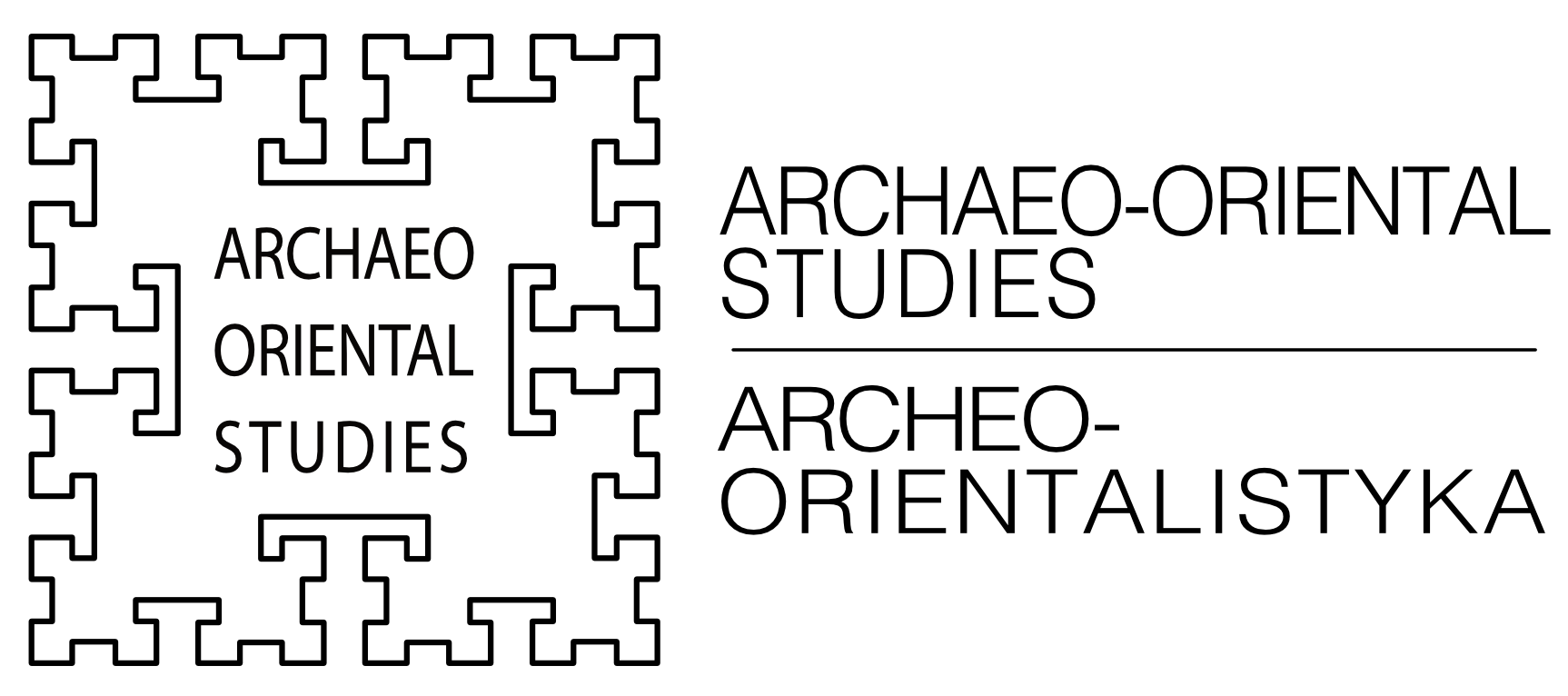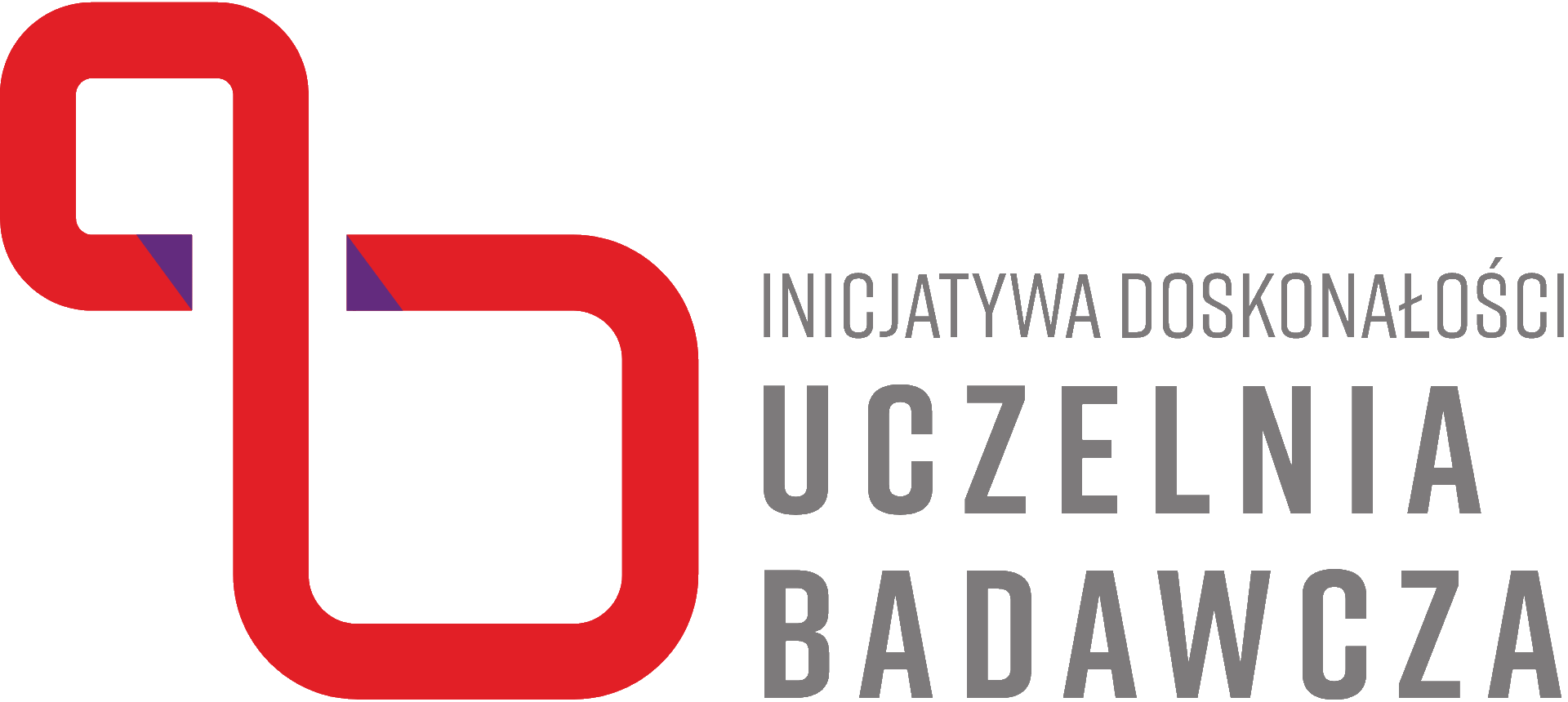Team
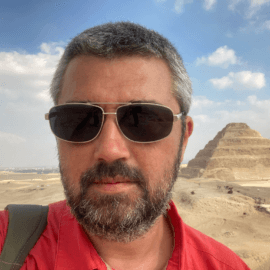
dr hab. Kamil Kuraszkiewicz
Coordinator of the Archaeo-Oriental Studies
Archaeologist, Egyptologist, professor at the Department of Egyptology at the Faculty of Oriental Studies at the University of Warsaw, director of the Polish-Egyptian Archaeological Mission Saqqara. His research interests include Egypt in the 3rd millennium BC, with particular emphasis on royal power and its attributes and manifestations, state administration and contacts with neighbouring areas during the Old Kingdom.
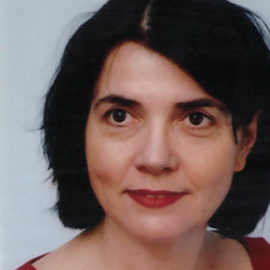
prof. dr hab. Joanna Jurewicz
Indologist and cognitive linguist; professor at the Department of South Asia, University of Warsaw, research fellow at the Department of Linguistics and Modern Languages, College of Human Sciences, UNISA. Her interests centre around Hindu philosophical thought, as expressed in the oldest Indian literary monuments, as well as the analysis of cultural signs which allow for the reconstruction of the thinking underlying them. In her research, she uses interdisciplinary methodology, combining philology, philosophy, and cultural sciences with cognitive linguistics.
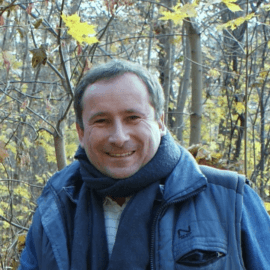
dr hab. Krzysztof Jakubiak
Head of the Department of Oriental Archeology at the Faculty of Archeology. He specialises in the archeology of the Middle East. His research interests span the period from the beginning of the Iron Age to Late antiquity. He has participated in excavations in Old Serakhs and Mele Hairam in Turkmenistan, and Hawarte and Palmyra in Syria. He was the manager of several research projects in Lebanon, Egypt, and Armenia. Currently, he heads research at the Metsamor site in Armenia, and an archaeological and conservation expedition in Marina el Alamein in Egypt.
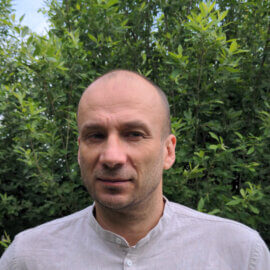
dr Robert Mahler
Bioarchaeologist, assistant professor in the Department of African Studies, Polish Centre of Mediterranean Archaeology, head of department, and head of the archaeological expedition to Naqlun, Egypt. His professional interests focus mainly on the archaeology of death. By combining archaeological and osteological data, with the use of statistical inference, he endeavours to reconstruct the quality of life and social stratification of people living in mediaeval Egypt and Sudan.
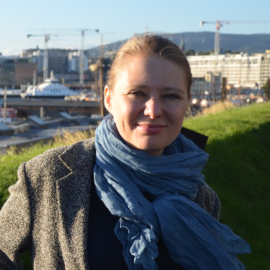
dr hab. Hanna Rubinkowska-Anioł
Africanist-historian, professor at the Department of African Languages and Cultures, Faculty of Oriental Studies, University of Warsaw; long-term chairwoman, currently deputy chairperson of the Polish African Society, member of the board of the Polish Institute of World Art Studies. Her scholarly interest is the history of modern Ethiopia, especially the Ethiopian political culture, above all with the symbolism and legitimisation of power from the end of the 19th century to today; she explores iconographic representations of power and spaces of power, as well as power in space (in terms of long duration).
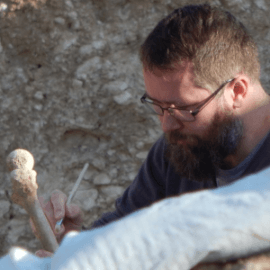
dr hab. Arkadiusz Sołtysiak
Bioarchaeologist, employed in the Department of Bioarchaeology, Faculty of Archaeology, University of Warsaw. He studies human remains found at archaeological sites in the Near East, from Lebanon through Syria to Iran. Recently, he has been mainly involved in the study of diet and mobility using isotopic methods, exploring also the possibility of combining isotopic and histological approaches in bioarchaeology. Editor-in-chief of the journal 'Bioarchaeology of the Near East'.
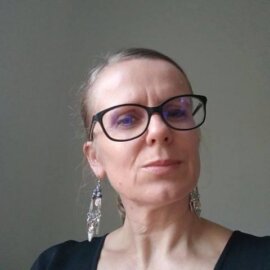
dr hab. Anna Wodzińska
Archaeologist, Egyptologist, head of the Research Station of the Center of Mediterranean Archeology of the University of Warsaw in Cairo, also assistant professor at the Department of Archeology of Egypt and Nubia at the Faculty of Archeology, UW. A researcher of ancient ceramics, especially Egyptian. Her interests relate to the reconstruction of the daily life of the ancient Egyptians, based on archaeological finds, and also iconographic sources.
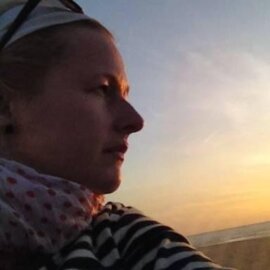
dr hab. Dobrochna Zielińska
Archaeologist, nubiologist, assistant professor at the Department of Archeology of Egypt and Nubia, Faculty of Archeology, UW. She is interested in archeology and art (especially painting) from Egypt and Nubia in the era of Christianity. She also resesarches various aspects of materials science and technology in antiquity. Currently, she is the head of the archaeological and ethnographic research programme in the region of the 3rd Nile Cataracts (Sudan).
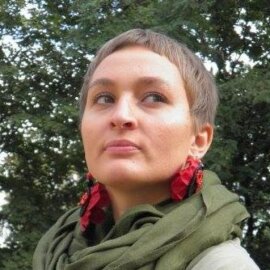
dr Zuzanna Augustyniak
Coordinator of the Archaeo-Oriental seminar
Ethiopianist, Africanist, and ethnographer. Assistant professor at the Department of African Languages and Cultures, Faculty of Oriental Studies, UW. Her research concerns the intertwinement of power and gender in contemporary Ethiopia; she conducts field work among the Ethiopian diaspora in Cairo.
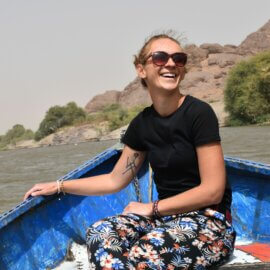
dr Joanna Ciesielska
Archaeologist-nubiologist and bioarchaeologist, specialising in burial customs in medieval Nubia. Member of the project „Soba – The heart of the kingdom of Alwa. The spatial organization of medieval capital city on the Blue Nile”. Interested in archaeological reconstruction of social identity in funerary contexts. Currently studying the role of women in the societies of medieval Nubia.
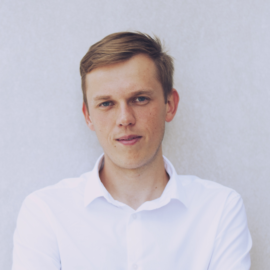
dr Tomasz Michalik
Archaeologist and cognitive scientist, assistant professor in the Department of African Studies, Polish Centre of Mediterranean Archaeology, UW (in the IDUB programme). In his research, he endeavours to address two issues: how the construction of the human mind and culture affect the creation and acquisition of knowledge about the past, and how artifacts testify to mental abilities. He is particularly interested in visual attention and eye-tracking methods.
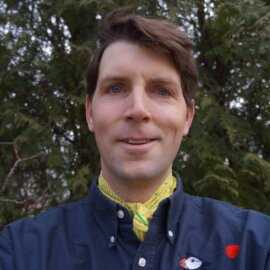
dr Robert Stark
Bioarchaeologist, assistant professor in the Department of African Studies, Polish Centre of Mediterranean Archaeology (in the IDUB programme). His research focusses on funerary archaeology and biological anthropology with a specialisation in the use of isotope analyses to address questions of past life ways, such as diet and mobility. He has undertaken research in various regions, with a particular focus on Sudan and Egypt where he is involved with excavations at Old Dongola and Ghazali.
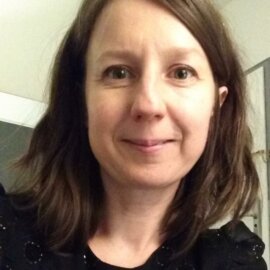
dr Magdalena Woźniak
Archaeologist, Nubiologist, assistant professor at PCMA. Her research focuses on textiles and iconography, in particular on relationships between dress and identity. She is the leader of the Nubian Textiles project and of the "Clothing and identity" research group within the EuroWeb project (Cost Action 19131).
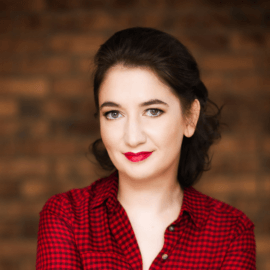
Anna Klingofer-Szostakowska
Assistant in the IDUB programme at the Faculty of Oriental Studies, UW, president of the Eastern Division, and board member of the Association of Literary Translators. Author of over one hundred literary translations, specialising in cognitive translation theory, cognitive poetics (with an emphasis on research into comics and graphic novels), the language of power in Israel (from 1948 to today) and the shaping of space as an instrument in Israeli politics.
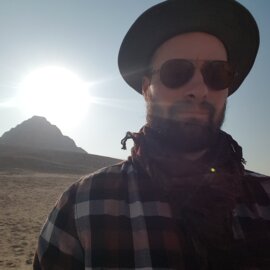
dr Daniel Takács
Egyptologist, PhD candidate at the Department of Egyptology, Faculty of Oriental Studies, UW. His research interests include Egyptian religion, architecture, and language, as well as interdisciplinary studies of graphic communication systems; his dissertation concerns the phenomenon of liminality in ancient Egypt.
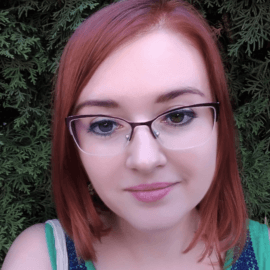
Kinga Turkowska
PhD candidate and assistant in the IDUB programme at the Faculty of Oriental Studies, UW. A graduate of history and African studies at UW, an Ethiopianist, archivist. She is interested in the history of contemporary Ethiopia, with particular emphasis on memory studies. Author of several articles on Ethiopian history and culture. In the past, she was active in the non-governmental organisation sector. She has conducted workshops for children, adolescents and seniors on intercultural education and other topics.
